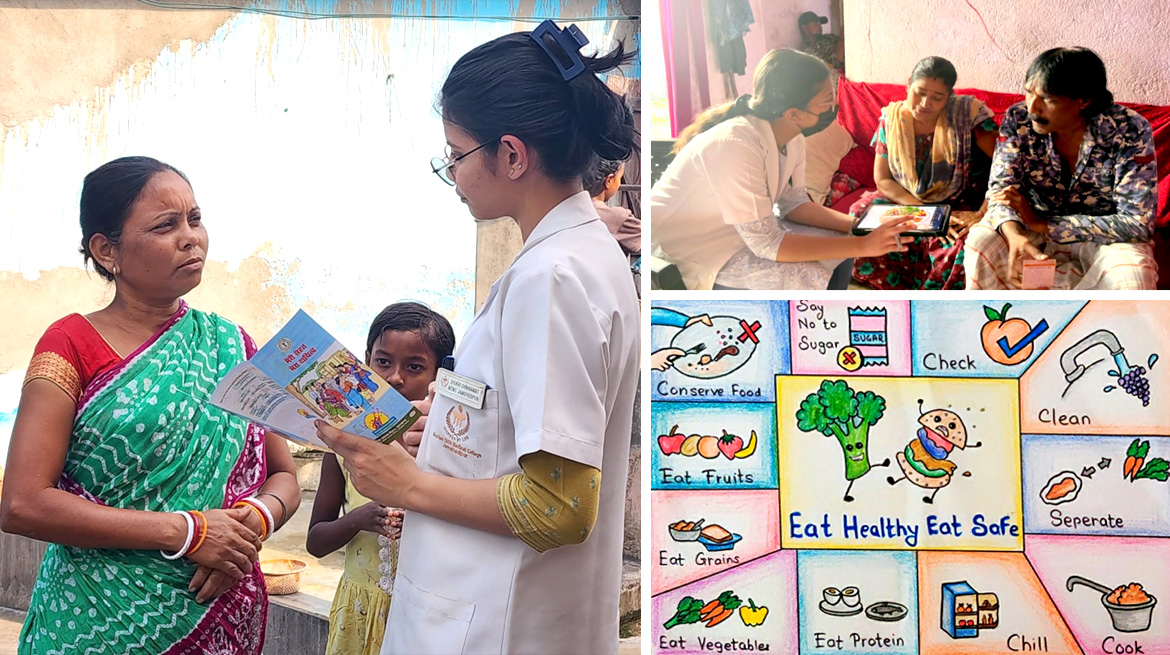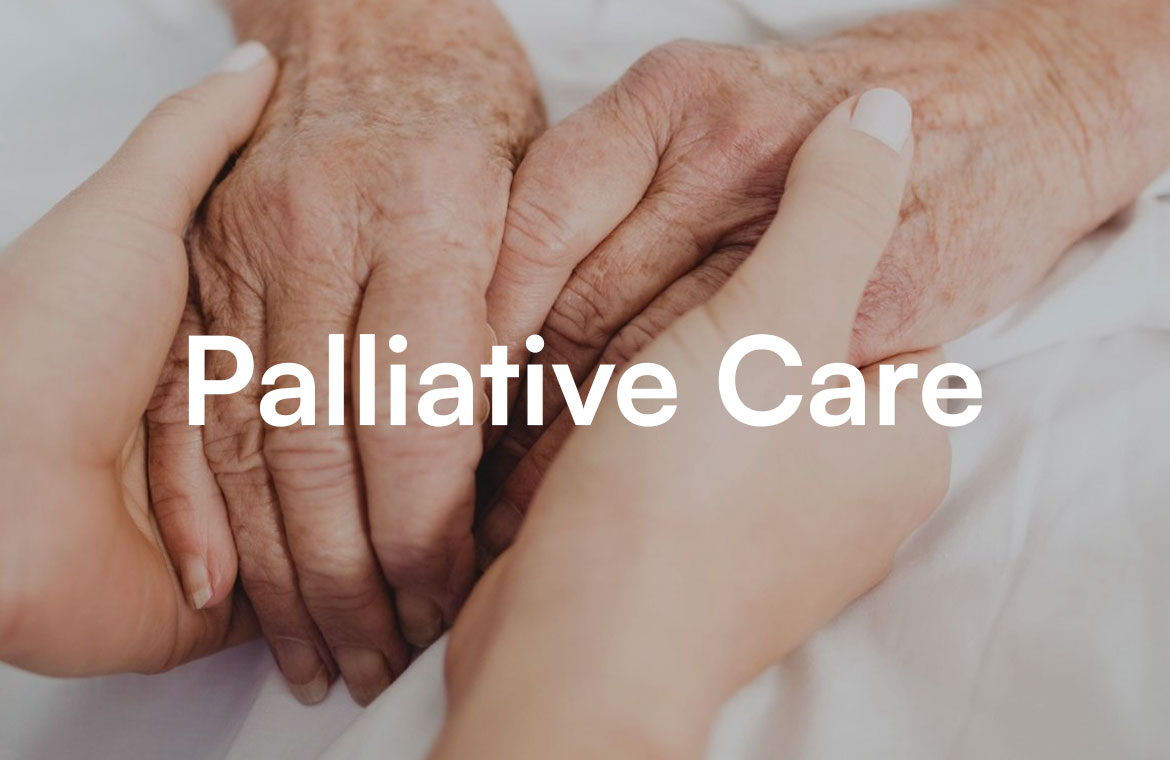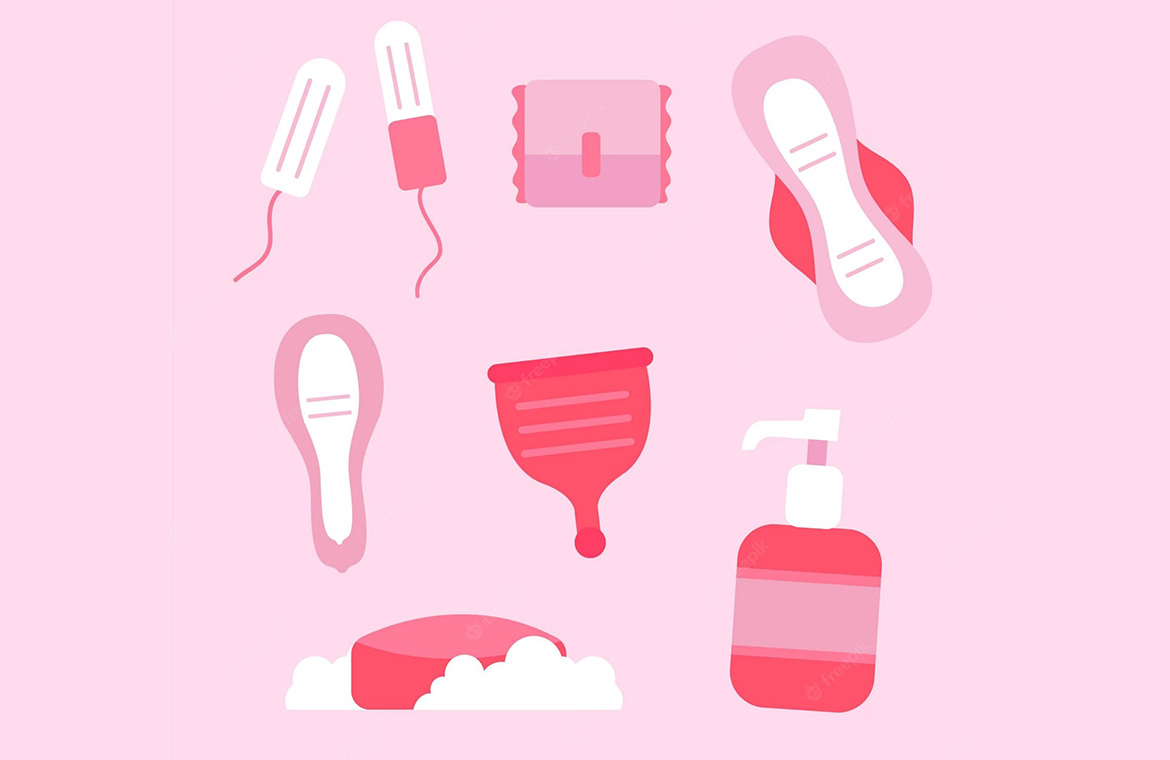The family adoption program, introduced into the medical curriculum attempts to bring medical education close to the community and tailor it to the needs of the community. Keeping the students motivated throughout three years has been a challenge for most of us. Communication is the cornerstone of success in any community-based activity. Most students fail to establish good communication as they fail to identify a topic or subject to initiate the conversation, hence don’t get sufficient cooperation from the families.
Medical students seldom get a chance to develop skills of health communication especially related to disease prevention in clinical settings. As we know, the Family adoption program is an opportunity for early clinical exposure. This can also be a promising rostrum for students to break the barriers of patient-doctor communication and introduce principles of health education. Health education was incorporated as a major objective in the visits and students were guided in preparing posters and charts, which they used during their visit to educate their families.
While students were asked to prepare health education materials on simple topics like a Balanced diet and prevention of non-communicable diseases, students had an opportunity to understand the concepts of health education and also explore how to effectively develop health education material tailored for his or her family. The students used the same materials and used them to educate the families on common health-related topics which gave them a sense of satisfaction and contribution to the community. This also gave the families a chance to express their concerns regarding topics like nutrition, adolescent health, and NCD to their student doctors and helped in developing a bond with them. This also boosted the confidence of the family in the students. Similarly, using IEC materials available at PHC helped sensitize students regarding the role of national programs in the healthcare delivery system. Such activities also imbibed interest in topics newly introduced and led to self-directed learning in them.
Entrusting the responsibility of providing health education to families in a guided manner can help in seeking support and maintaining communication with families. Family adoption programs can be looked upon as effective teaching-learning platforms to introduce competencies related to health and communication and AETCOM (attitude ethics and communication). Efficient utilization of widow opportunities offered by family adoption programs can contribute in developing responsible community-sensitive doctors for the future.
Reference:
1.https://www.nmc.org.in/MCIRest/open/getDocument?path=/Documents/Public/Portal/LatestNews/GMER2023_compressed.pdf
2. https://www.nmc.org.in/wp-content/uploads/2020/01/AETCOM_book.pdf





Very well written blog on advancements and advantages of medical education.
Thank you maam